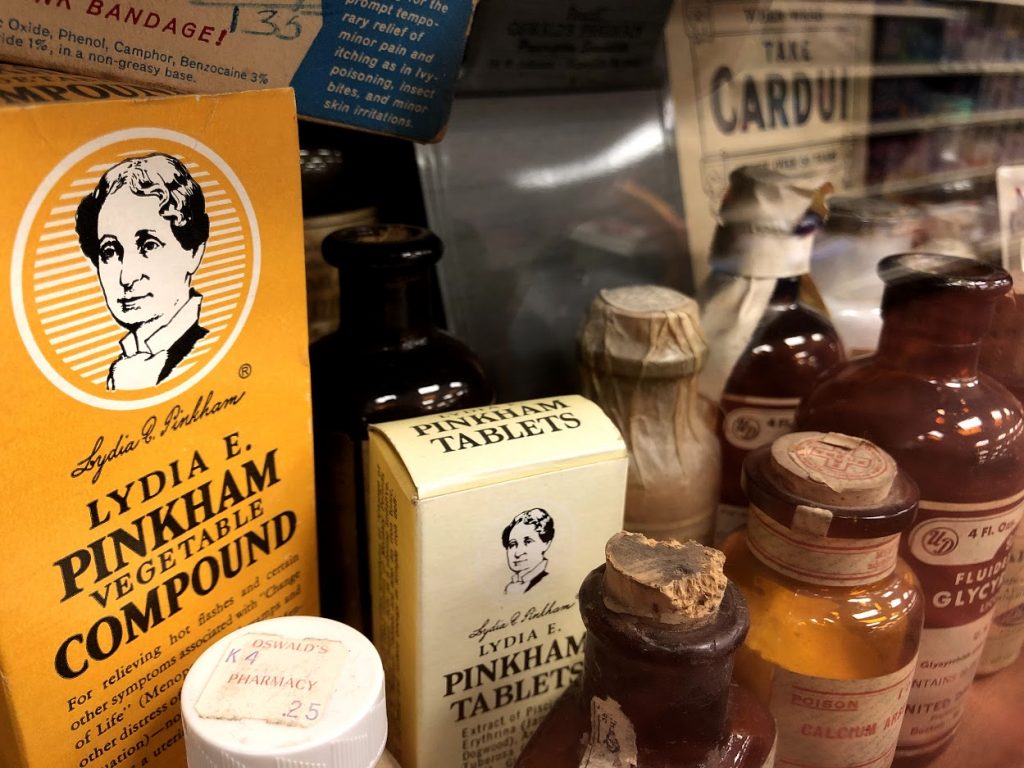Now that we are finally in February (and past that nasty Polar Vortex!), March and springtime are just around the corner. With most of the cold winter months behind us, it can be easy to let down our guard when it comes to avoiding the cold and flu. According to the CDC, however, flu season actually peaks in February, so it is especially important to make sure you’re staying healthy to avoid getting sick.
While working in the pharmacy, I’ve had a lot of questions about how to stay healthy and how to treat cold and flu symptoms. I took some time to write this article and address some of your most frequent questions.
Will antibiotics help me get over the cold or flu faster?
No. Antibiotics fight bacteria. Strains of the cold and flu are viruses, which means that antibiotics will not be helpful to fight them or help you get healthy faster. Some people may catch a bacterial disease after they have a cold or the flu, and then, depending on the type of infection, antibiotics may be warranted. Additionally, antibacterial soaps are not any more effective than regular soaps at preventing cold and flu for the same reasons.
Will spending time outside when it is cold give me a cold?
No. Being cold or in a cold environment does not give you a cold. It’s a virus that is passed on from other people. You’re more likely to get sick from being indoors, where more people are packed into smaller spaces and germs are more easily passed between them when they cough and sneeze.
Will Vitamin C help prevent my cold or cure it when I get one?
The answer to this is mostly no. There is no scientific data that shows vitamin C is effective in preventing colds. There is some evidence, however, that shows high doses of vitamin C (1-3 grams per day) can potentially decrease the duration of a cold by 1 to 1 ½ days. Conclusions from the same study also noted that high doses (over 4 grams per day) can cause diarrhea and kidney stones, so it’s usually better to just ride out a cold.
What does the flu shot help protect me from? Does it prevent all types of the flu?
The flu shot targets 3 or 4 strains of the influenza virus that scientists predict will be the most common in a given year. Flu strains are different from year-to-year, which is one reason why it is important for you to get a flu shot each year. The flu shot helps prevent influenza, not the stomach flu (which is called gastroenteritis).
If I got the flu shot, does that mean I’m guaranteed to not get the flu?
While this is the ideal outcome,
As I said above, the flu shot helps your body fight against the 3 or 4 strains that scientists predict will be the most prevalent, but it is still possible for you to catch a strain that wasn’t predicted. Doctors and scientists can also predict the wrong flu strain when the develop a given flu shot (this is what happened with flu shots in 2017).
Lastly, some people may not have the strongest reaction to a flu shot, which means they may not build up complete immunity. This is more common in the elderly, which is why we give them a higher flu shot dosage. There is evidence that says if you get the flu – despite having received the flu shot – you’ll likely have less severe symptoms and be able to recover more quickly than if you hadn’t gotten the flu shot.
What over-the-counter medications can I take to help me get some relief from my cold or flu symptoms?
There are many options available without a prescription, but what I recommend is different from person to person based on your symptoms. Decongestants and antihistamines often work well for many symptoms but are not recommended for everyone.
There are different types of over-the-counter cough medications that can work for you. Which OTC cough medicine you choose depends on if you have a dry, hacking cough or a wet,
You also need to be careful about combination products, as a lot of them contain similar ingredients. You don’t want to double up on an OTC medicine and get too much of it! Ask your pharmacist for recommendations based on your current symptoms and what medications you’ve already tried taking.
What are some general things I can do to make sure I stay healthy?
Make sure you’re washing your hands frequently with soap and warm water. Try not to touch your eyes, nose, or mouth with your hands because that can spread germs from or to you. Staying hydrated is also important as it helps keep your mouth and nasal passages moist to fight off infections. If you’re starting to feel stuffy or dried out, saline nasal sprays can help. Viruses stick around longer in lower-humidity conditions like winter, so make sure your humidifier is working!
Remember to Talk to Your Pharmacist!
There is no sure-fire, 100% effective way to prevent getting sick during cold and flu season, but there are plenty of actions you can take to avoid getting a cold or the flu. Many over-the-counter medications that can help with any symptoms you have are available. As always, if you have any questions about how to treat your symptoms, feel free to stop by and ask one of the pharmacists here at Oswald’s Pharmacy.
If you can’t make it into the store you can always send us an email or give us a call!


